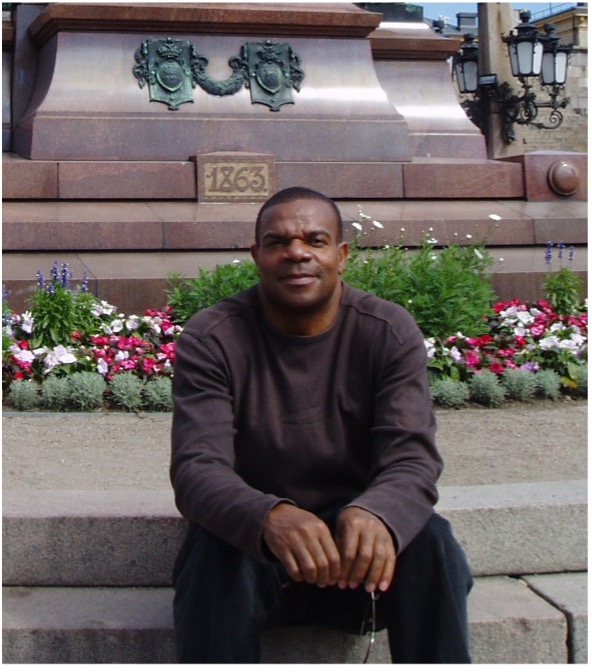
Dr Mutizwa Mukute, is a distinguished alumnus of the Environmental Learning Research Centre. He was raised in rural Hwedza, Zimbabwe, and it was here that a passion was nurtured in him to cherish, understand and enrich rural life and natural environments. His passion led to studies in natural resources conservation, and environmental education, culminating in a PhD at Rhodes University, under the supervision of Distinguished Professor Heila Lotz Sisitka.
Mutizwa’s career path reflects his passion. He has worked as a wildlife manager, environmental researcher, regional director and international consultant. His work on climate resilience, food systems, and agricultural value chains interface between rural and urban systems.
Currently, the Director of Social Learning and Innovation Ltd, a Zimbabwe-based consultancy firm, he is a member of the Blue Marble Evaluation Advisory Council, a senior research associate at Rhodes University, and an Emerald Network senior associate. He serves as a Friend of the Promotion of Local Innovation (Prolinnova) and an Elder of the Participatory Ecological Land Use Management Association (PELUM) Zimbabwe.
Mutizwa’s PhD studies enabled him to better understand and facilitate interventions that tackle multi-level complexities, and the varying contradictions arising therein.
Highlights in Mutizwa’s career include (co)authoring 20 peer-reviewed articles, 40+ national, regional, and international evaluations, and contributing to projects that include:
- Transformations to Sustainability programme - Learning synthesis
- A study informing the development of an Africa Food Policy (an AFSA and the African Union initiative)
- Adaptation Fund Evaluation Reference Group (a period of which he held the role as Chair)
- Researching transformative and transgressive learning, and how it takes place when tackling nexus issues of climate change, water shortage, food insecurity and social injustice in Zimbabwe in the context of climate change, in the Insights into T-learning processes project.
- Evaluation of the Swedish Climate Change Initiative (CCI) (EBA, global)
He offers three pearls of wisdom to young ELRC academics:
Informal learning is important – look for opportunities to work and learn with career researchers;
Learn from practice – this will enhance knowledge, confidence, and career opportunities; and
Setbacks and ‘failure’ is inevitable, however these offer opportunity to open doors for personal growth and development.
